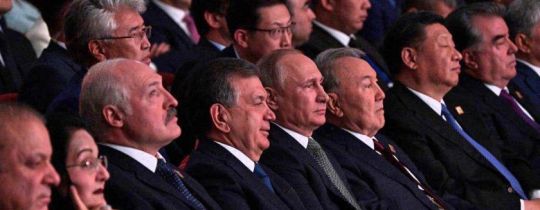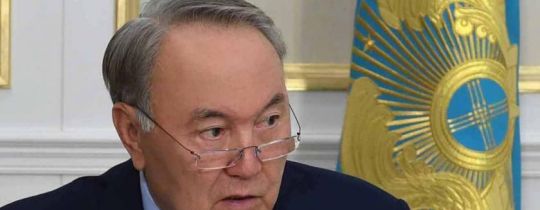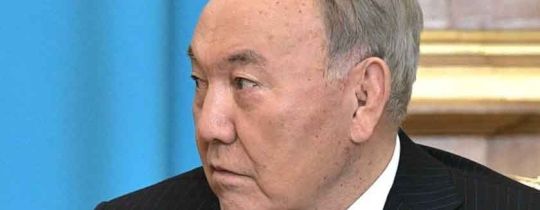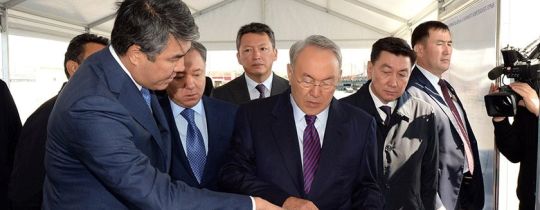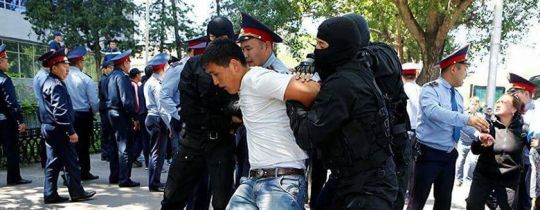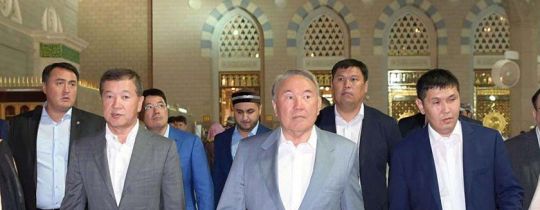The annual SCO summit took place in Astana on June 8-9. At the summit, India and Pakistan became full members of the organization. Thus, the Shanghai “six” has now transformed into the Shanghai “eight” whose geographic scope amounts to 70% of the Eurasian continent. So, now it is fair to say that about half of the Earth population lives in the SCO countries.
On the eve of the parliamentary elections, Nursultan Nazarbayev fired Prime-Minister Nurlan Balgimbayev appointing Kasymzhomart Tokayev who, at the time, served as Minister of Foreign Affairs. Tokayev’s appointment confirms the fact that, in general, the reforms had been completed and that the president no longer needed the strong and independent technocrats.
The second direction of activity of the president-builder and president-reformer was the process of privatization of former federal property. A big role in this process was played by the former prime-minister of Kazakhstan Akejan Kajegeldin.
Who could be the driving force behind “significant changes” in the developing countries? The World Bank experts in their report “Governance and the Law” give an answer to this crucial, according to many, question.
The World Bank’s “Governance and the Law” report directs the attention of the developing states to the fact that investments alone are not enough to ensure the speedy economic growth and successful transition to the modern economic age. Political reforms, too, are necessary for achieving this goal.
Unlike his many competitors, Nazarbaev turned out to be completely ready for sovereignty and independent political activity. Having gone in the 1980s through all major stages of party-soviet nomenclature, he know how to preserve power in his hands unlike some inexperienced and too populist politicians of the time.

